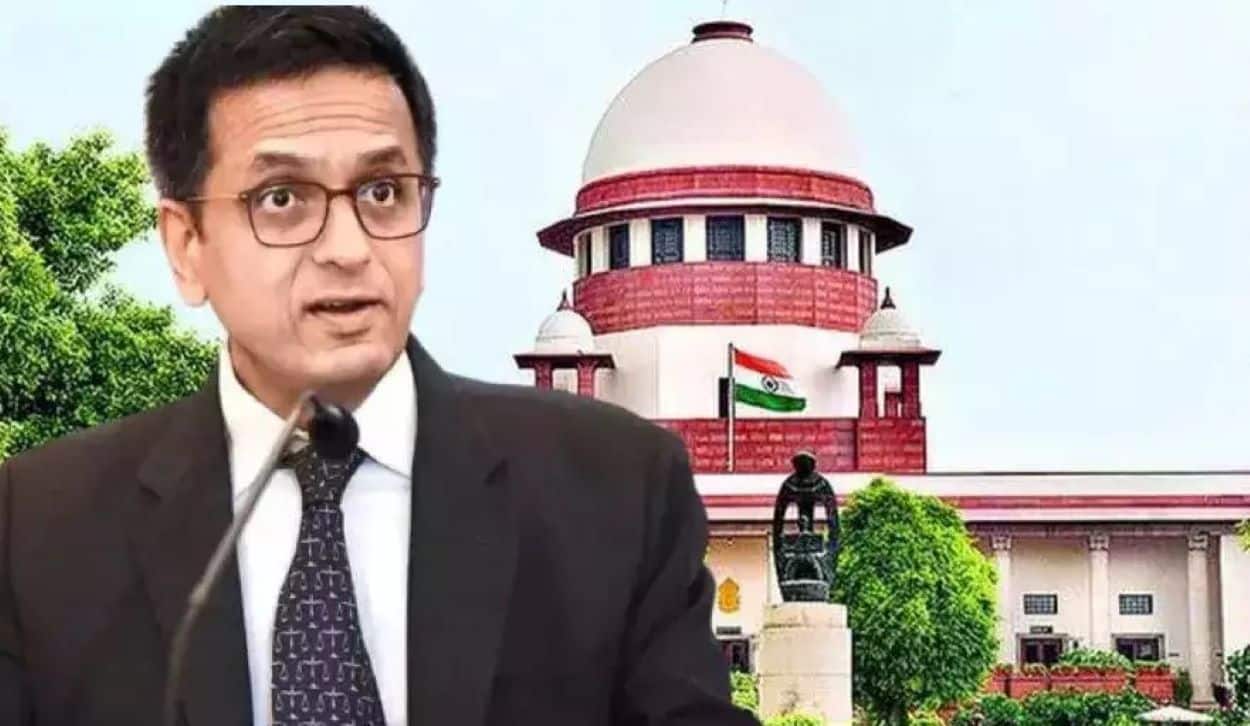The Indian government described the practice of ‘triple talaq’ as “fatal for the social institution of marriage” and “deeply detrimental to the condition of Muslim women” in an affidavit to the Supreme Court on Monday.
It argued that despite the Supreme Court’s 2017 decision to invalidate ‘triple talaq’, the practice continues unabated, demonstrating that the ruling alone has not sufficiently deterred such divorces within certain Muslim communities.
In response to a petition suggesting there is no need to criminalize ‘triple talaq’ because it has already been invalidated, the government emphasized the need for stringent legal provisions. It highlighted cases where “victims of ‘triple talaq’ had no recourse but to approach the police, who were unable to act in the absence of punitive measures in the law.”
The affidavit also addressed a challenge from the Samastha Kerala Jamiathul Ulema, a group of Sunni scholars who claim that the Muslim Women (Protection of Rights on Marriage) Act, 2019 is unconstitutional because it allegedly violates fundamental rights by discriminating based on religion.
The government robustly refuted these claims, asserting that ‘triple talaq’ itself violates the fundamental rights and equality of Muslim women guaranteed by the Constitution. It defended the 2019 Act as a necessary step to ensure gender justice and uphold constitutional values.
Furthermore, the government reiterated that the Supreme Court has previously stated it cannot challenge the wisdom of laws enacted by Parliament nor discuss what the law should be. “It is the prerogative of the legislature to decide what behaviours need to be criminalized and the punishments for them, based on prevailing social conditions,” the government maintained in its affidavit.






